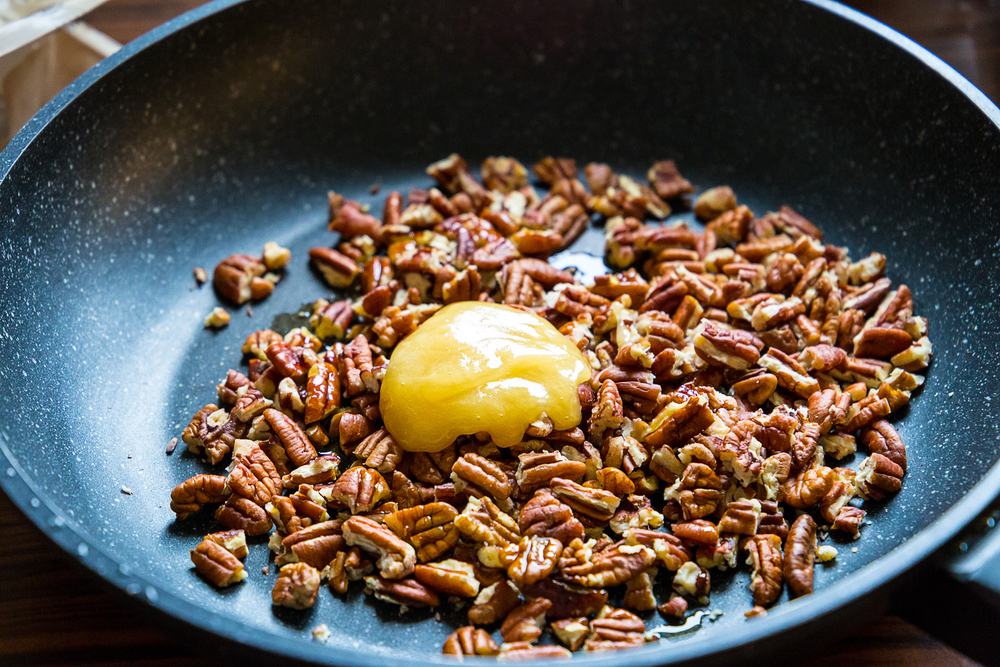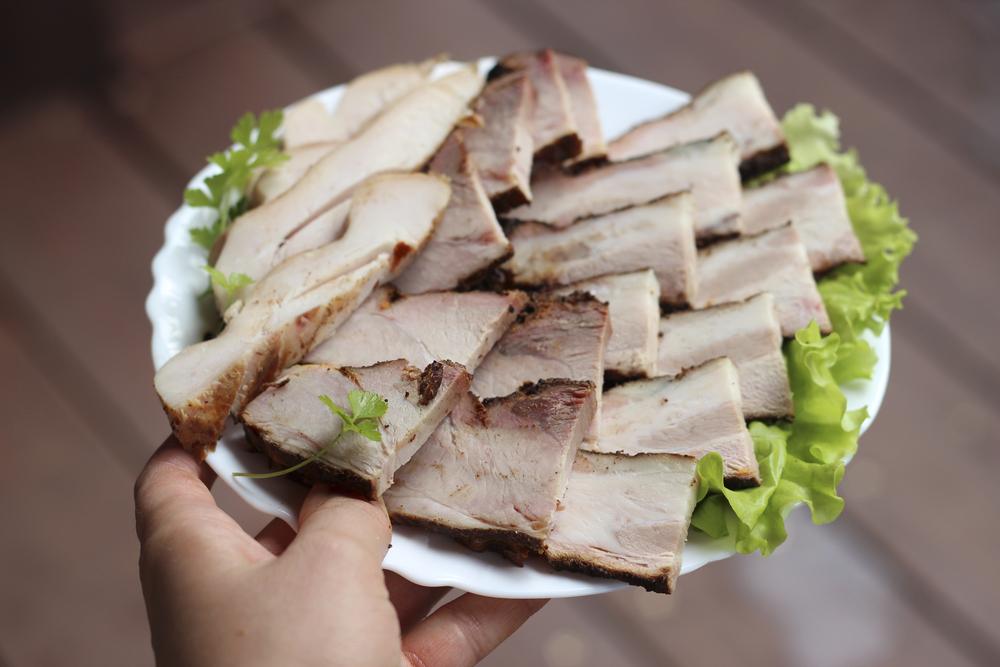Dietary Precautions to Manage Ulcerative Colitis Symptoms
Learn essential dietary tips to manage ulcerative colitis and prevent symptom flare-ups. Avoid foods high in sulfur, caffeine, gluten, and high-fiber content. Follow a low-residue diet with cooked vegetables and refined grains for better gut health and symptom control.

Dietary Precautions to Manage Ulcerative Colitis Symptoms
Ulcerative colitis is a condition characterized by inflammation of the colon's inner lining, leading to chronic digestive issues. In 2015, approximately 3 million adults, or 1.3% of the population, were diagnosed with inflammatory bowel diseases, including Crohn's disease and ulcerative colitis.
This illness causes symptoms like severe abdominal pain, reduced appetite, and diarrhea due to inflammation and ulcer formation in the colon and rectum.
Identifying and avoiding certain foods is crucial to prevent symptom exacerbation.
Below are foods that can trigger flare-ups:
Sulfur-containing foods
Sulfur or sulfate in foods can promote gas production, irritating the stomach lining and intensifying abdominal pain. Sulfate interacts with gut bacteria, producing hydrogen sulfide gas that worsens inflammation in UC.
Avoid dairy products like milk and cheese; cruciferous vegetables such as broccoli, cabbage, cauliflower; dried fruits like raisins; red meats; bread; pasta; and nuts like peanuts.
Caffeine
Caffeine acts as a stimulant, speeding up colon transit time and causing frequent bowel movements. For UC sufferers, this can worsen symptoms and lead to complications. It’s present in coffee, tea, chocolates, and energy drinks. Instead, opt for nutrient-rich vegetable juices.
Gluten
Gluten sensitivity can cause digestive disturbances and is linked to increased irritable bowel symptoms. Foods with gluten, such as wheat, barley, rye, as well as pasta and baked goods, should be avoided. Check labels carefully to ensure products are gluten-free.
High-fiber foods
While fiber is generally beneficial, it can trigger flare-ups in UC patients by causing inflammation. A low-residue diet that minimizes high-fiber foods helps reduce abdominal pain and cramping.
Avoid whole grains like brown rice, oats, wild rice, buckwheat, and quinoa, along with fibrous fruits and vegetables that may aggravate symptoms.
Nuts and Seeds
Nuts and seeds are difficult to digest and may leave residues that provoke flare-ups. It’s best to avoid walnuts, pistachios, peanuts, almonds, and seeds like flax, pumpkin, and sunflower.
Following your doctor’s prescribed medication regimen and adhering to a strict low-residue diet, including cooked vegetables and refined grains, can help manage ulcerative colitis symptoms effectively.










